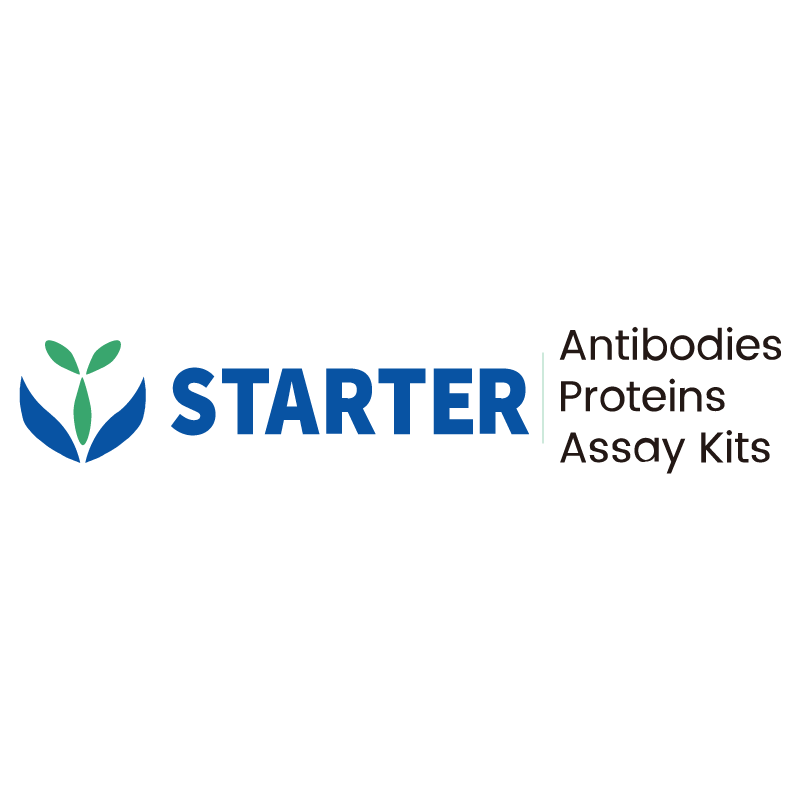2 μg(R: reducing conditions)
Product Details
Product Details
Product Specification
| Species | Human |
| Synonyms | Fetomodulin, CD141, BDCA-3, THBD, THRM |
| Accession | P07204 |
| Amino Acid Sequence | Protein sequence (P07204, Ala258-Asp481, with C-10*His) AIPGAPRCQCPAGAALQADGRSCTASATQSCNDLCEHFCVPNPDQPGSYSCMCETGYRLAADQHRCEDVDDCILEPSPCPQRCVNTQGGFECHCYPNYDLVDGECVEPVDPCFRANCEYQCQPLNQTSYLCVCAEGFAPIPHEPHRCQMFCNQTACPADCDPNTQASCECPEGYILDDGFICTDIDECENGGFCSGVCHNLPGTFECICGPDSALARHIGTDCDGGGGSHHHHHHHHHH |
| Expression System | HEK293 |
| Molecular Weight | Predicted MW: 25.8 kDa Observed MW: 55 kDa |
| Purity | >95% by SDS-PAGE |
| Endotoxin | <1EU/μg |
| Tag | with C-10*His |
| Physical Appearance | Lyophilized Powder |
| Storage Buffer | Lyophilized from a 0.2 μm filtered solution of 0.2M PBS, pH7.4. |
| Reconstitution | Reconstitute no more than 1 mg/mL according to the size in deionized water after rapid centrifugation. |
| Stability & Storage | 12 months from date of receipt, -20 to -70 °C as supplied. 6 months, -20 to -70 °C under sterile conditions after reconstitution. 1 week, 2 to 8 °C under sterile conditions after reconstitution. Please avoid repeated freeze-thaw cycles. |
Background
Thrombomodulin (TM), CD141 or BDCA-3 is an integral membrane protein expressed on the surface of endothelial cells and serves as a cofactor for thrombin. It reduces blood coagulation by converting thrombin to an anticoagulant enzyme from a procoagulant enzyme. Thrombomodulin is also expressed on human mesothelial cell, monocyte and a dendritic cell subset. Thrombomodulin functions as a cofactor in the thrombin-induced activation of protein C in the anticoagulant pathway by forming a 1:1 stoichiometric complex with thrombin. This raises the speed of protein C activation thousandfold. Thrombomodulin exerts multiple anti-inflammatory effects and reduces the severity of disease involving chronic inflammation. In cancer, Thrombomodulin suppresses tumor angiogenesis, growth, and epithelial-mesenchymal transition. Soluble fragments of Thrombomodulin are elevated in the serum, urine, and synovial fluid during coagulation disorders, inflammation, and organ failure.
Picture
Picture
SDS-PAGE


